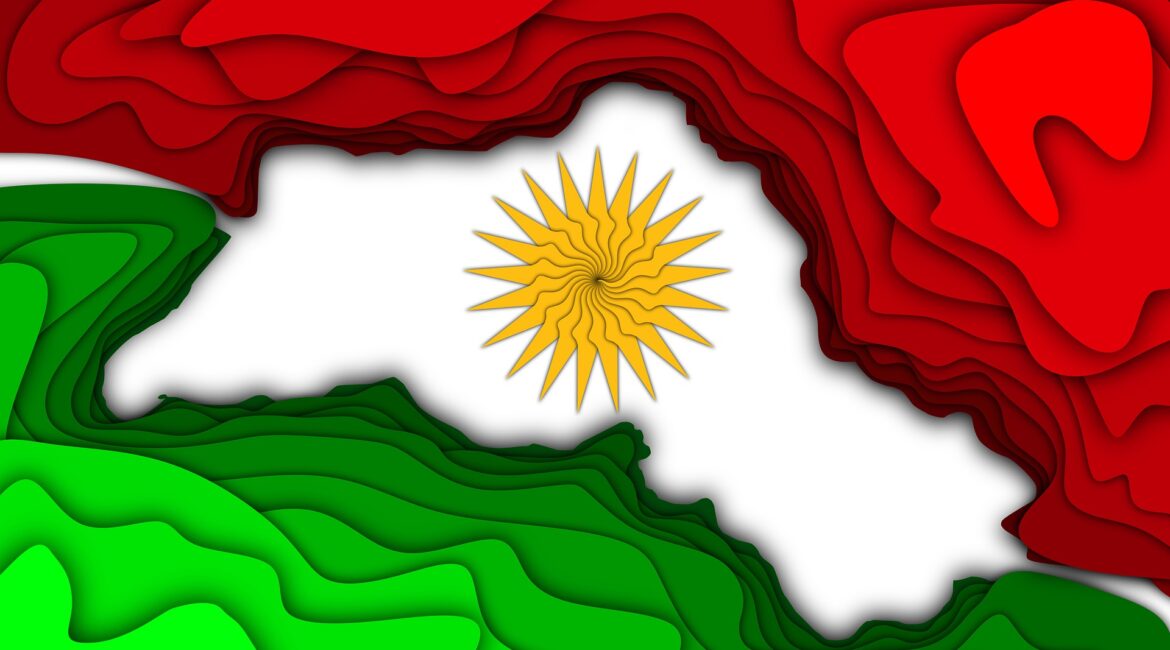Since the early 1990s, Iraq’s Kurdish region has been ruled by a power-sharing consensus between the Kurdistan Democratic Party (KDP) and Patriotic Union of Kurdistan (PUK), both of which command Peshmergah military forces loyal to them. In recent years, however, the PUK has been losing ground to KDP and newly emerged parties, which has undermined this arrangement. In fact, the October election twisted even further the balance of power in KDP’s advantage.
In November 30 election, of the 63 seats won by Kurdish parties in the new parliament, 31 are held by the KDP and barely 18 by the PUK. In a significant development, the KDP managed to win 2 seats in each of the PUK’s heartlands – Kirkuk and Sulaimaniyah. These results will have significant implications for the relations between the two parties, especially on coming up with consensus candidates for the Iraqi presidency and governorship of Kirkuk.
Since the fall of Saddam Hussein’s regime in 2003, the post of Iraq’s president has been allocated to a representative of the Kurdish community through an agreement with the Sunnis and Shia. A similar inter-party consensus was established regarding the governorship of Kirkuk, which was held by a Kurd until 2017. Although Kirkuk is part of the “disputed territories”, which have a significant Kurdish population but are not part of the Kurdistan Region of Iraq (KRI), it has traditionally been seen to fall within PUK’s sphere of influence.
But the KDP no longer sees a reason to observe past arrangements, especially since it perceives the powerful leaders of the PUK as having betrayed it in the aftermath of the 2017 Kurdish independence referendum, when PUK Peshmergah withdrew from Kirkuk, as Shia militias sent by Baghdad to “punish” the Kurdish leadership advanced. The Iraqi government then appointed an Arab as the new governor.
The KDP now wants a say in both the appointment of the new president and the new Kirkuk governor. The PUK, meanwhile, still believes that it has the military power to resist any attack on its interests.
In the October 10 election, Kurdish parties increased their seats in the Iraqi parliament from 58 to 63. Sunni factions have around 70 seats in total, but unlike the Kurdish parties, they do not have that much power on the ground and do not directly run the Sunni regions. For this reason, the Kurds have more potential to play a kingmaker’s role. Apart from increased influence in negotiating government posts, the improved electoral performance of the Kurdish parties could also help them in negotiations on a number of thorny issues with Baghdad.
Additionally, increased ISIS activity in Kurdish areas makes a security coordination with Baghdad all the more necessary, but that would have to involve reaching some kind of a settlement with the pro-Iranian militias currently deployed in these areas. That could be hard to achieve, unless Sadr changes his mind about isolating Al Fatah and other Shia factions.
Regardless, a “national majority government” could be a significant opportunity for the KRI’s leadership to secure important gains. But if they do not unite in pursuit of the best interest of the Kurdish community, then their failure can come back to haunt them and another outbreak of popular anger may follow soon.

